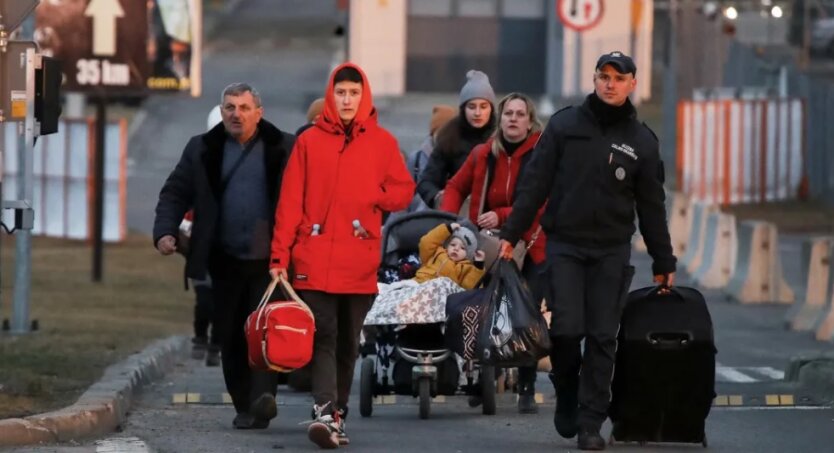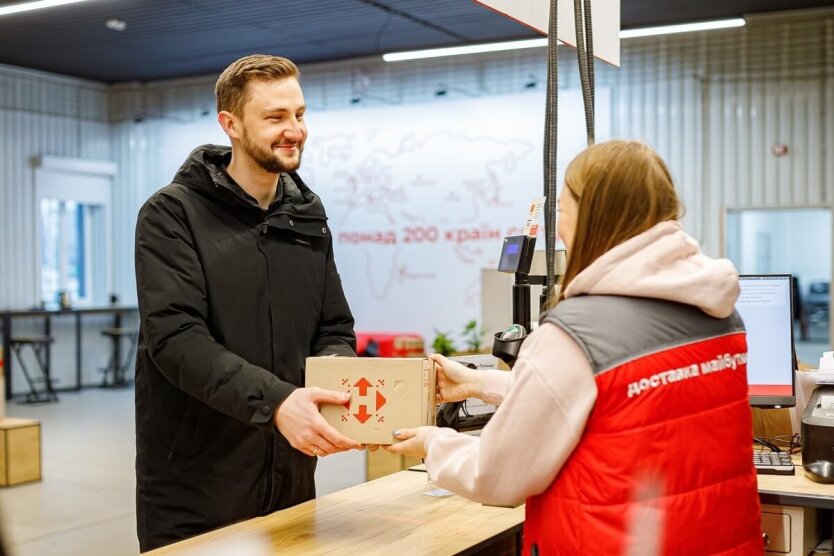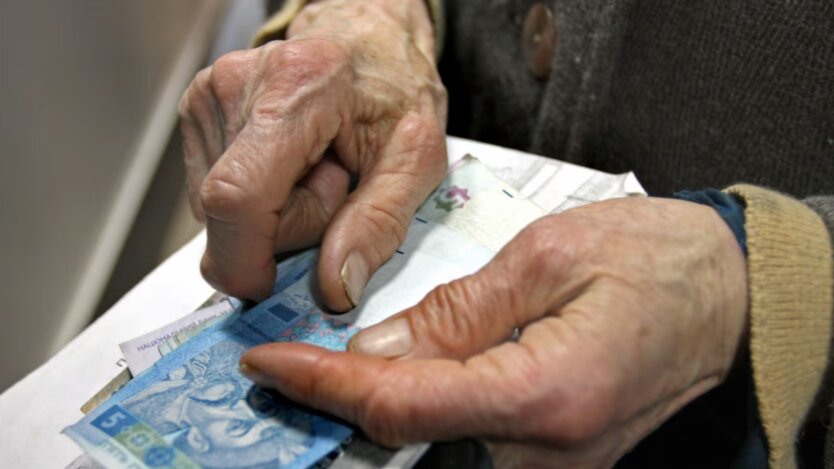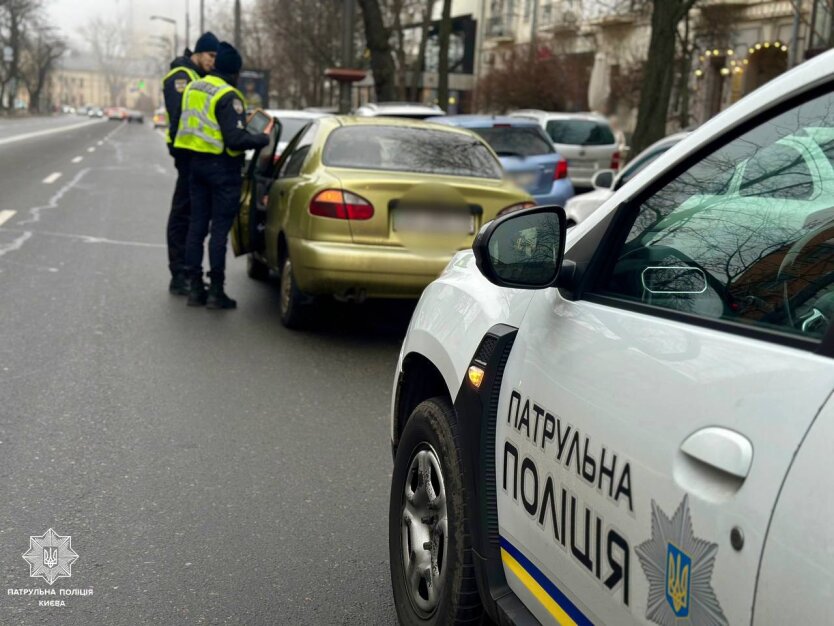One of the European countries 'will not accept any Ukrainian refugees' after the war ends.


Ukrainians will not receive temporary protection in the Czech Republic after the war ends - Minister of the Interior
The Minister of the Interior of the Czech Republic, Vít Rakušan, reported that Ukrainians will not be able to receive temporary protection in the country after the war ends. He noted that no person will have the opportunity to arrive in the Czech Republic under the temporary protection scheme. This decision is made to prevent a second wave of migration, notably the influx of men who want to join their families in the Czech Republic. Now, new arrivals will have to apply for residence documents under the general rules.
For those who are already in the Czech Republic, temporary protection will be terminated the day after the fighting ends. However, they are provided with a transition period lasting one to one and a half years to transition to regular residency.
According to the minister, about 50% of refugees, amounting to approximately 200 thousand people, plan to stay in the Czech Republic. The Czech Republic is working with Poland on documentation related to this situation. A decision should be made at a European level by the end of June. According to the minister, no other country besides the Czech Republic has such a problem.
In EU countries, special centers are planned to be established for Ukrainian refugees, which will assist in returning home and relocating to other countries. Such centers are being discussed in Germany, Poland, and Austria, a similar facility will also be created in the Czech Republic.
Read also
- The court obliged the Pension Fund to pay special pensions of 35 billion: who will receive the money
- Nova Poshta will reward bonuses for parcels: who and how can receive them
- A new system of specialized education is starting in Ukraine: what to expect for students
- June Payments: The Pension Fund Appeals to Ukrainians Regarding Pension, Subsidy, and Sick Leave Payments
- Supermarkets have set new prices for borscht vegetables: how much cabbage, potatoes, onions, carrots, and beets cost
- Drivers were explained when they can not show their military ID to the police










